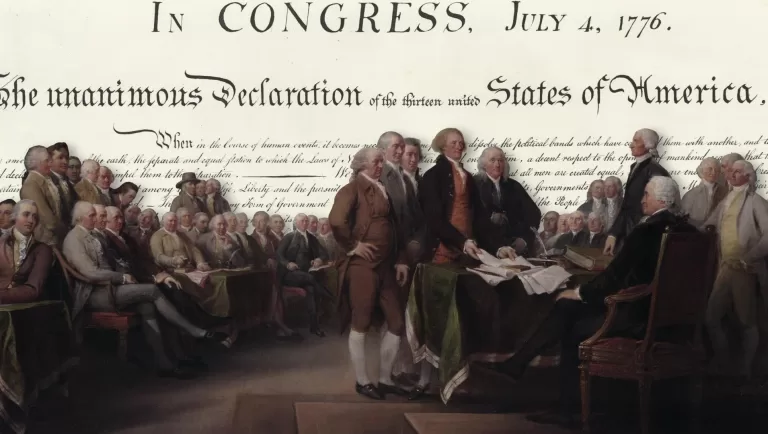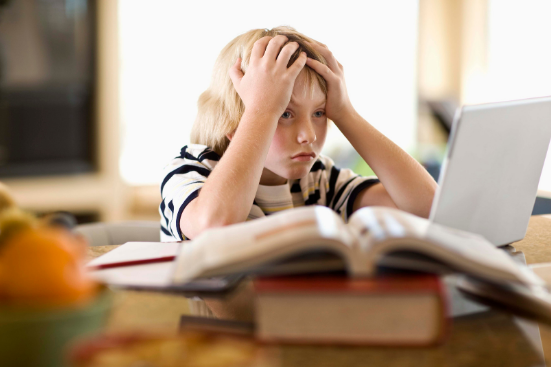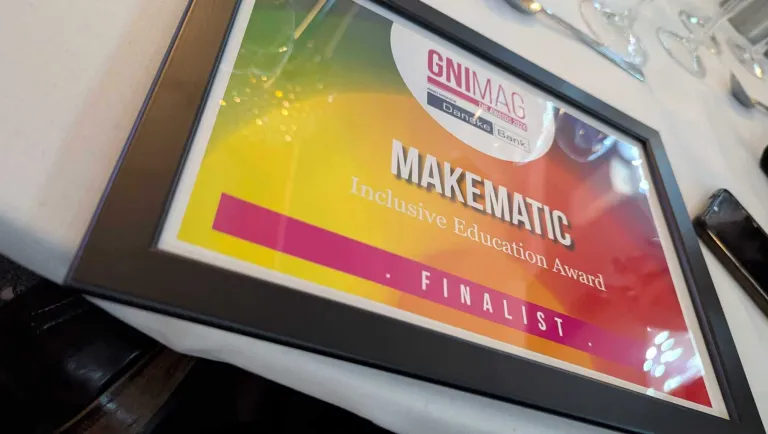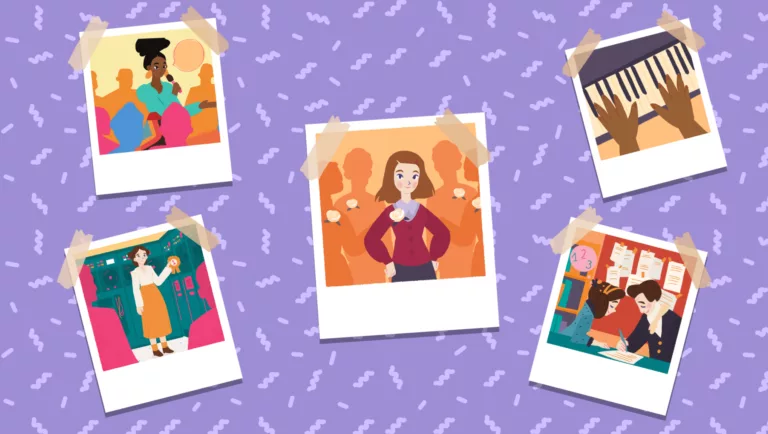
Is Your Child At The Centre Of Their Education? – Part One
We are living through a period where child-centred education has become more important than ever before.
The Covid pandemic has highlighted how social disadvantages really do set children up for failure in life – widening discrepancies between the haves and the have nots have clearly appeared, and for me, I need to look no further than my 6 year old’s own class, where roughly one-third of the children were able to do all the remote work during our various lockdowns, one third were able to do around half of it, and one third were unable to do any at all.

Luckily the school is an extremely good one, and they’ve acted accordingly, splitting the children up into groups since going back and giving them extra help to those who need it whilst making sure that lessons aren’t boring and repetitive for those who have.
In tandem with this, every parent in my son’s class with whom I’ve spoken, has experienced exactly what we experienced….a 6-year-old child who before any of the lockdowns, became withdrawn, depressed, angry, and tantrum prone because he was missing physical social interaction with his friends and classmates, something which many modern educators have completely overlooked. Michael Gove and Gavin Williamson spring to mind as I write this, two “UK Education Ministers”, neither of whom have any teaching experience who only seemed focused on “box-ticking attainment”, so wonderfully highlighted by children’s laureate Michael Rosen in his splendid Guardian article earlier this year about fronted adverbials.

Through this series of blogs, I’m going to take a look at the history of child-centred learning, where it came from, how it evolved and where we sit now over a century on from the beginning of what seemed at the time to be a rather good idea. I am afraid I have made up my mind already as to where we currently sit, so I’m going to challenge that hypothesis which is “teaching in 2021 is no more than the box-ticking exercise that it was in 1921, particularly in the UK, so what has been the whole point in a movement which was set up to revolutionise the way children are taught?”

The origins of child-centred education started way back in 1897. The father of it all is seen to be John Dewey, an American philosopher, psychologist and educational reformer, who in his first article in The School Journal, Volume LIV, Number 3 (Jan 16th 1897), believed that “all education proceeds by the participation of the individual in the social consciousness of the race” that is from almost the point of birth, our interpretation and experience of everything around us influences our intellectual and moral responsibility which the best education cannot change but can only organise. He believed that true education was only stimulated by what we experienced around us and although we may have a very narrow point of view, social interaction encourages the widening of this and therefore there are two main sides to education, sociological and psychological, and facts and figures taught by teachers are a small layer above this. He believed school is more about socially interacting than anything else.

What a visionary he was! Anyone with a child today will see how their social and psychological skills develop once they’re in regular contact with their peers at a nursery or school!
Dewey wrote a series of articles around this and by 1915 with his daughter Evelyn he wrote a ground-breaking book Schools of To-Morrow which was published by J M Dent & Sons and in it, he expanded his theories and research and which became one of the key texts for educational reform.
Throughout all his writings, Dewey argued that school was a place for social and interactive learning where a pupil or student could take part in a wide variety of activities both in social groups and alone, and that education most certainly isn’t a box-ticking exercise of learning by rote. Dewey influenced all of the free thinkers in the education sector and in my next blog, I will take a look at how some of his ideas were taken and expanded by free-thinking education heavyweights such as Jean Piaget, Lev Vygotsky, and Maria Montessori.
Follow our social media platforms to keep up-to-date with our latest video releases, EdTech news, blog updates & more!
Let's Work together


Makematic Finalists in Inclusive Education Award

